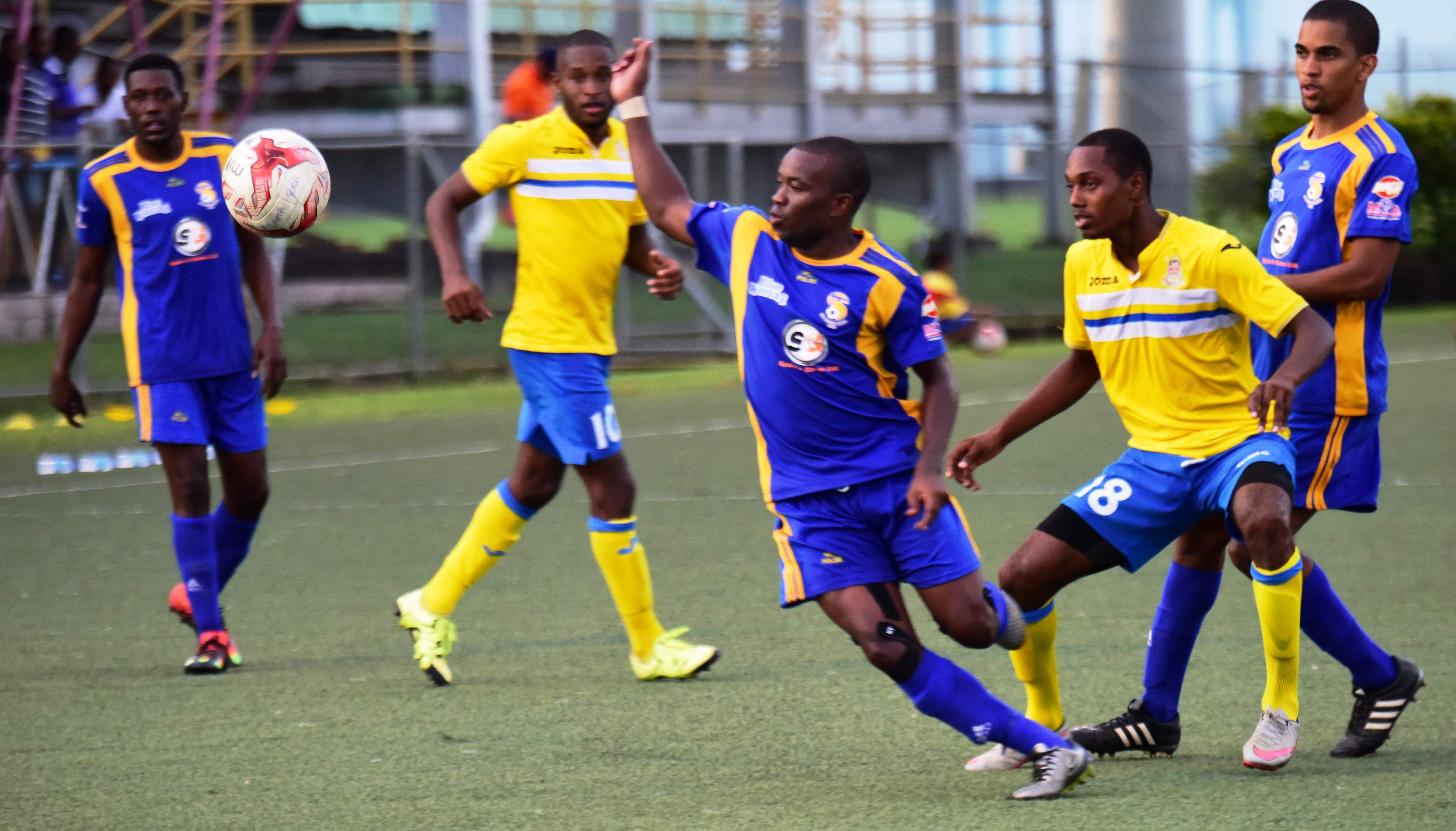The formation of the Trinidad and Tobago Super League (TTSL) on December 13, 2016, is arguably the most important development in our football in the last 15 years.
From 2002, All Sport Promotions (ASP) ran the competition known as the “National Super League (NSL)” under a franchise sold by theTTFF/TTFA. The participating clubs in this competition were orphans in this arrangement, belonging neither to Regional Association nor TTFA. And they were not in a position to seriously influence the politics and direction of the league and football.
The ASP franchise ended on December 31, 2016.
The NSL seized the moment to transform itself into the Trinidad and Tobago Super League (TTSL). For the first time, these clubs have the opportunity and the awesome responsibility of control over the administration, the politics and the finances of the competition in which they participate.
TTSL is, in conception and practice, an example of grassroots football democracy. It comes from the communities of the nation, including Tobago. It is not an imposition from above. It is founded on merit. No buying your way into the dance because you can afford it. You have to win your way in. And in a football culture where debt and dependency seem to be genetically predisposed, TTSL holds the potential to create an alternative model of viable football administration and management that depends on something other than favours and hand outs.
This potential is transparent. Although mere weeks old, TTSL has already been approached by potential commercial partners, and has received many inquiries from regional association clubs that wish to come into the TTSL fold—the consequence of the culture of league membership based on money not merit that has been introduced into our football.
TTSL insists that there must be an integral connection of promotion and relegation with the TT Pro League. But “professional football”, as currently organised in T&T, has failed—commercially and from an organisational standpoint.
Until the new century, every club in T&T was rooted in a community. The organic connection between club and people in a particular locale was lost around the turn of the century as teams began to buy their place in a league. In the dangerous social and economic climate which we endure, the time is now to return football to its rightful place—the community. The importance of successful community clubs is critical to any chance of social integration today. TTSL is found in 24 communities across the country, including Tobago.
TTSL has adopted a set of “Founding Principles”, which are essentially: (1) equality of ownership and responsibility to the league and to football; (2) commitment to a relationship with regional association football, and to the principle of promotion and relegation —membership based on merit not money —among all tiers of the local club game; and (3) equitable profit sharing by an agreed formula, because it is only the generation of profit for TTSL member club that will allow them sustainable resources to grow and develop themselves and football as a whole. The latitude for blaming others for failure is now gone.
We live in the era of 24-hour cable television football from elite leagues around the world. TTSL is not La Liga or the EPL or Serie A or the Bundesliga. We know this. It takes a conscious political decision by each and every one to support the local game.


